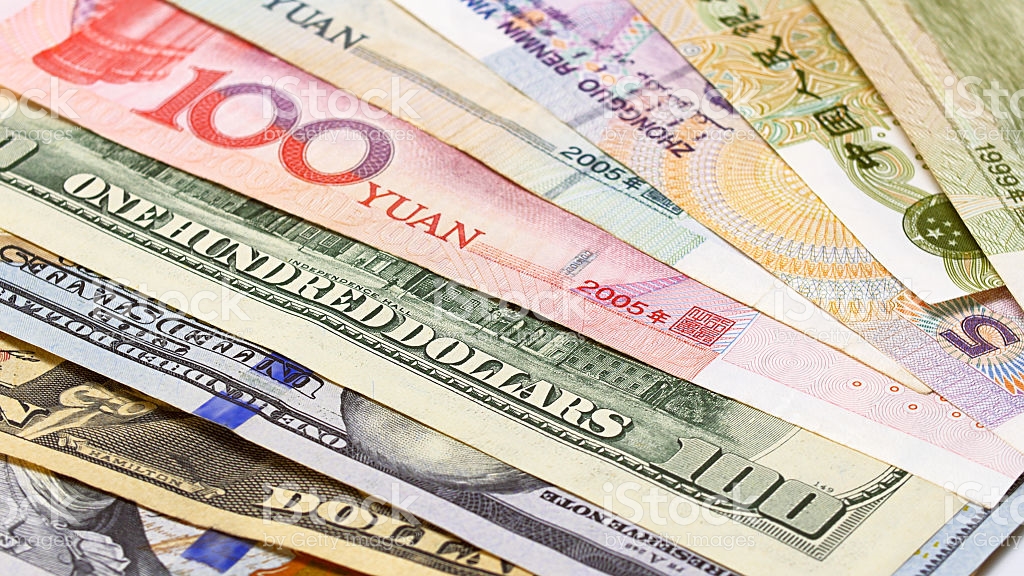China’s Move to Overthrow the Dollar: Will It Be a Success?
China is known as one of the fastest-growing major economies worldwide. Despite this, its currency is barely used in the global market, placing it just next to pound, euro, and yen. This year, the long-held desire of China to overthrow its competitors will likely get a boost. Bitcoin helped crypto markets reach new highs, as well.
At present, China is considered to be the largest importer of oil in the world. Last October 2017, Russia sold an S-400 air defense system to Saudi Arabia and such move symbolized a big shift eastward for the Kingdom. China has managed to finally persuade KSA to accept its currency, Renminbi or RMB (also known as yuan in international contexts), as a payment for oil. As a result, China saw this success as an indicator of the increasing power of RMB and a stepping stone towards challenging the world’s most powerful currency, the dollar.
Pricing oil in its own currency
Aside from pricing one of the most important global commodities, China is aiming to overthrow the dollar to lessen its dependency to it, and to reduce its exposure to this currency as well as to its politics. In order to do this, China plans to further price oil in its own currency through a futures contract.
- China has opened more than 6,000 new forex trading accounts for this contract. China will most likely rely on state-owned oil companies to use the new RMB forex trading contract. By doing so, the number of trade activities may increase and sufficient liquidity may be generated.
- China will likely approach its major oil suppliers in different regions in Russia, Middle East, and other parts of Asia (those who have already accepted RMD as a payment for oil).
Predictions in 2018
Interestingly, a number of analysts believe in the possibility that China might become successful in this endeavor. Market acceptance may be somewhat cold at first but may turn better over time. When this happens (as the Chinese hope), the percentage presence of yuan in the currency reserve basket will greatly increase; thus, ensuring a runaway success.
- On the other hand, many analysts think that it is still too early to think about RMB’s currency dominance. The hardest challenge in China’s goal is to ensure that no country or entity should have a dominant advantage over the others. The Chinese central government still play a huge role in the nation’s energy division sector, despite being it the fastest growing and largest consumer of energy in the world.
- Some analysts believe that if China puts too much state control in the global oil market, things may occur in any other way. Such manipulation may also hinder the drive to create a reputable oil pricing benchmark that is capable of competing against more reputable benchmarks. Given this, many would most likely expect that a Chinese currency-dominated oil benchmark will only be working under China’s control.
- Apparently, another major hindrance standing in the path of China’s goal is RMB itself. To date, RMB is not yet readily convertible and is prone to various interventions and capital manipulations, and favoritism toward Chinese business companies.
